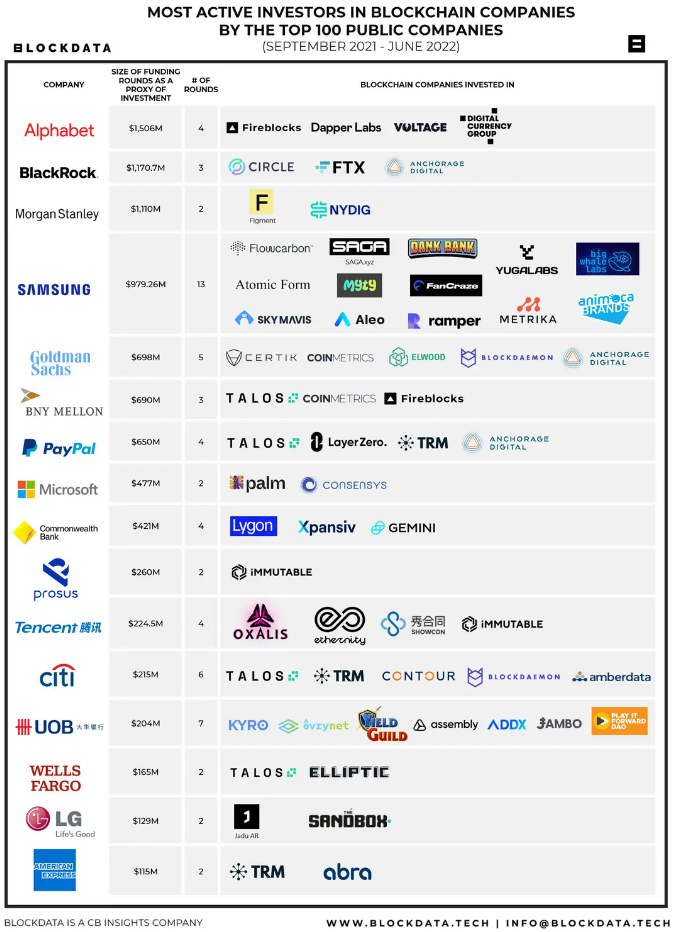Low-code platforms like Genesis (an Insight Partners’ portfolio company) provide ready-made, reusable code components that can simplify and speed up the development process.
A consortium of global banks recently launched Octaura, which has built an electronic trading platform with baked-in analytics that will replace the traditionally phone-call-driven process of trading syndicated loans and collateralized loan obligations (CLOs). The platform progressed from proof-of-concept to launch-ready in record time because of Genesis Global. Genesis’ platform has reusable “building blocks” that financial institutions can use to either launch services like Octaura or integrate new apps into their existing legacy systems.
“It enables agile, fast development,” Citi exec and Octaura cofounder Vitaliy Kozak told Insights Distilled, estimating that Genesis allowed Octaura’s platform to launch about five times faster, and at a fraction of the cost, than it could have otherwise.
Citi, Bank of America, and BNY Mellon recently invested $20 million into Genesis, though Citi first made an investment in 2020.
“This is going to be a game-changer for the whole industry,” said Citi director and Octaura cofounder Katya Chupryna, who works in a unit that invests in and incubates tech companies. There are currently several active Genesis deployments across the firm.
“The world is changing, the pace of development is changing, and we’re trying to change with it,” Kozak said, “And Genesis is one of our partners to help us get there.”

